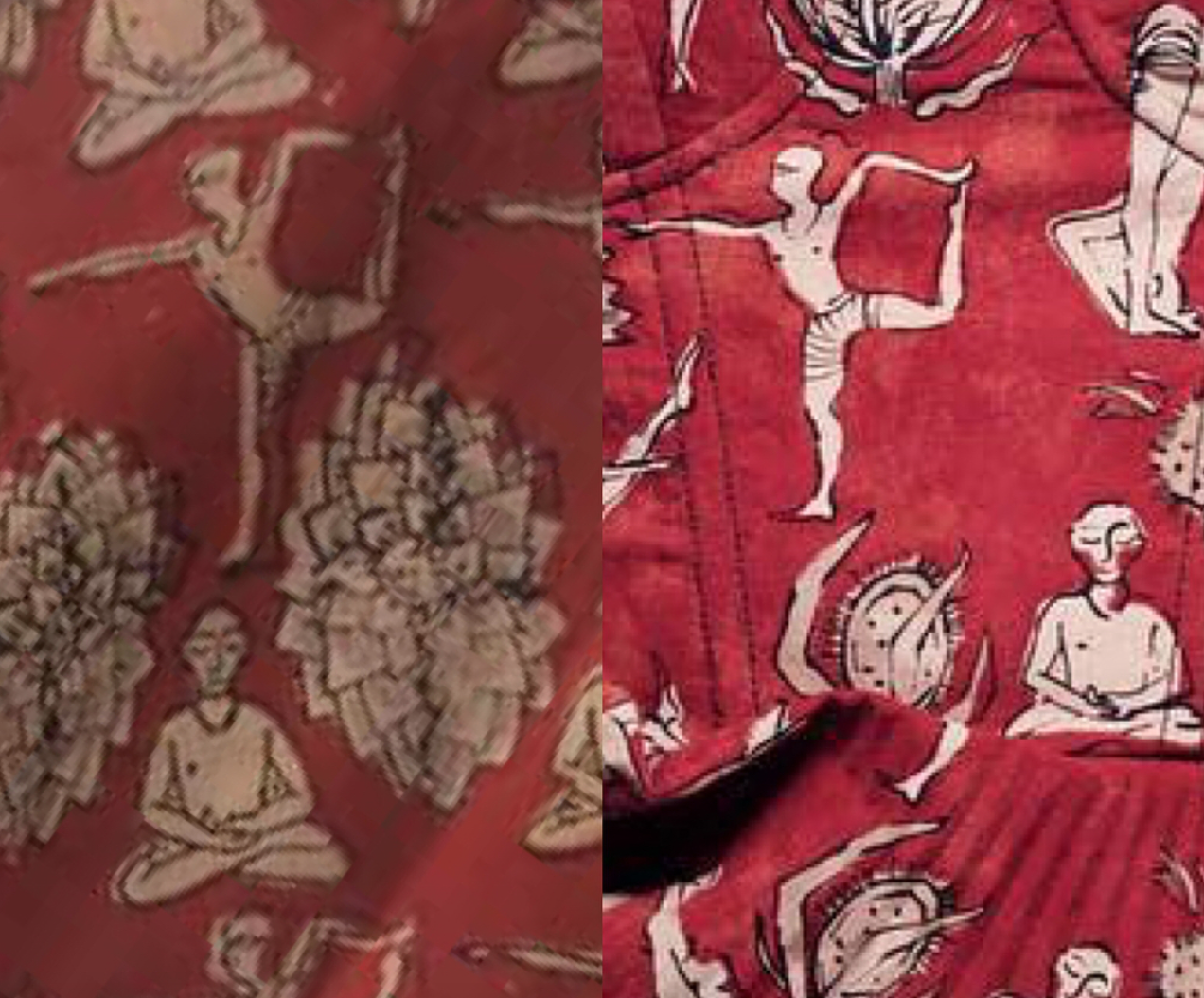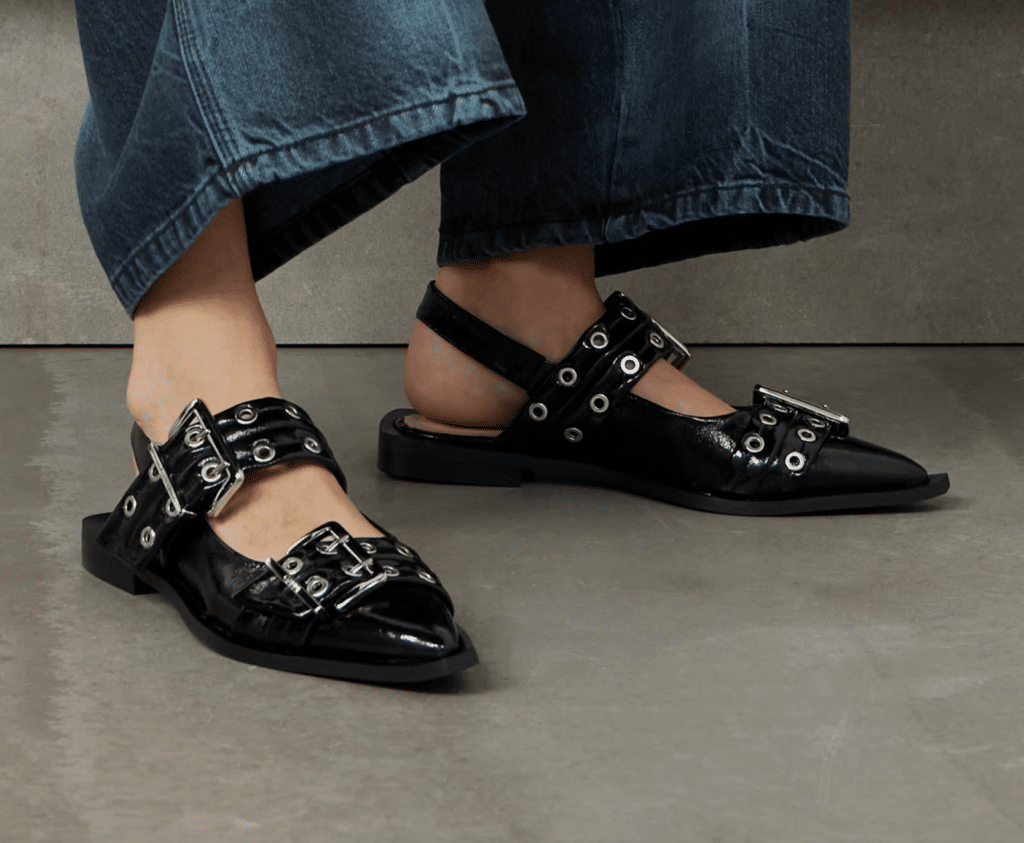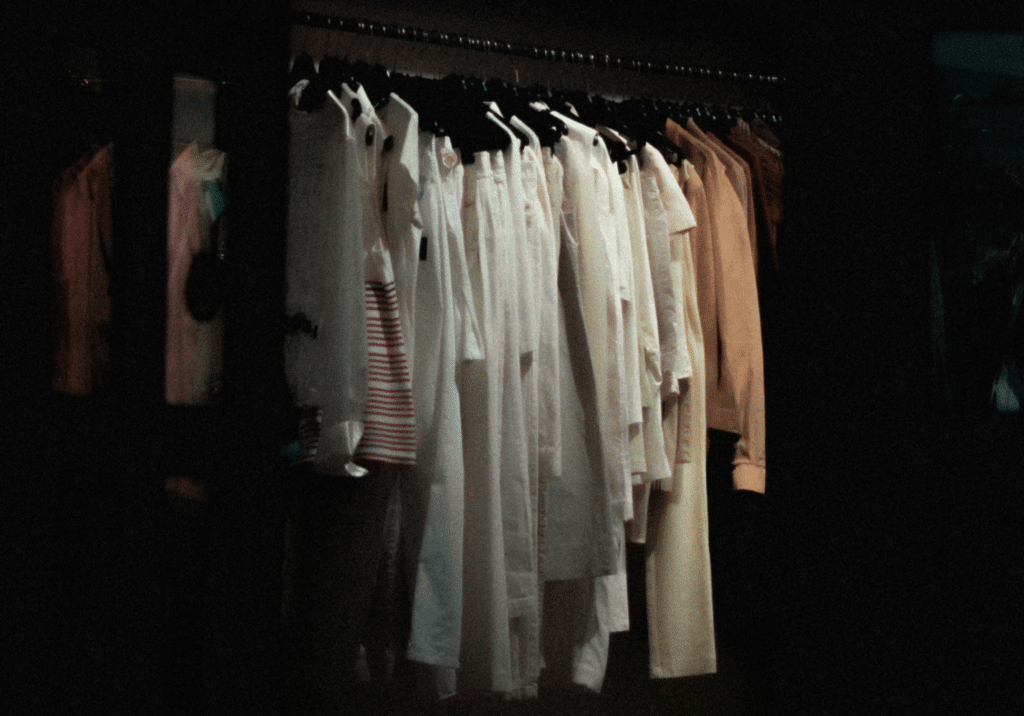
image: Elle India
When actress Sonam Kapoor appeared on the January 2018 cover of Elle India in a dress from Dior’s 2018 cruise collection, something was amiss. According to designer Orijit Sen, one of the co-founders of People Tree, the print on the Dior dress was a blatant rip off of one his brand had created and began selling more than 10 years prior and is still producing in 2018, as it is a staple for the New Delhi-based brand and one of its most “well-loved creations.”
Sen – who launched his brand in 1991 with his wife Gurpreet Sidhu in connection with their work as part of “a collective of designers artists and craftspeople who collaborate to make contemporary Indian textiles using, and innovating with, traditional techniques” – says he was had “never worked with Dior or any other major fashion brand.” He also says was he “never approached by Dior or any other related label for permission to use the design.”
So, when the Dior garments bearing the People Tree yoga pose-emblazoned print hit the runway and then the dress landed in the cover of Elle, Sen says he was “shocked.”
“I couldn’t believe they copy-pasted my artwork and used it as part of an international collection,” he told the Washington Post. “It’s a generally exploitative situation with a big corporation feeding off smaller people.”

People Tree’s print (left) & Dior’s print (right)
And he was not the only one angered by the brazen borrowing. A frenzy of copycat call-outs aimed at Dior broke out on social media shortly after imagery from the Elle India cover began to make the rounds.
While the news of the copying snafu appeared to die out somewhat swiftly without any recourse aside from the social media-centric campaign of awareness, Sen decided to take on Dior behind the scene. “We’ve had many of our designs stolen in the past,” he told the Washington Post at the time, “but not by a fashion house this big.”
He enlisted legal counsel and asserted claims of copyright infringement against the LVMH-owned brand. Dior had, according to Sen, infringed his rights in the original print.
In just a matter of months, the two parties have managed to come to an agreement. As for the terms of what Sen calls a “settlement,” they are confidential, and Sen has been barred from disclosing any of the conditions as a result of a non-disclosure agreement he designed with the Paris-based brand. He was willing to say, however, that thanks to the monetary aspect, People Tree will now be able to set up a properly equipped studio for himself and other artists in Goa, India.
Sharing side-by-side images of People Tree’s original print and Dior’s subsequent copy, Sen stated earlier this year that he would “like to set an example here – so these mega-brands with mega budgets think twice before plagiarizing the work of small independent creators.”
By taking the now completely common place tactic of social media shaming a step further and seemingly forcing Dior to pay up as a result if its alleged infringement, Sen has, in fact, set an example. At the end of the day, garnering social media awareness in connection with copying is great; demanding a check in exchange for such infringement is even better.
A representative for Christian Dior did not respond to a request for confirmation of the settlement.











